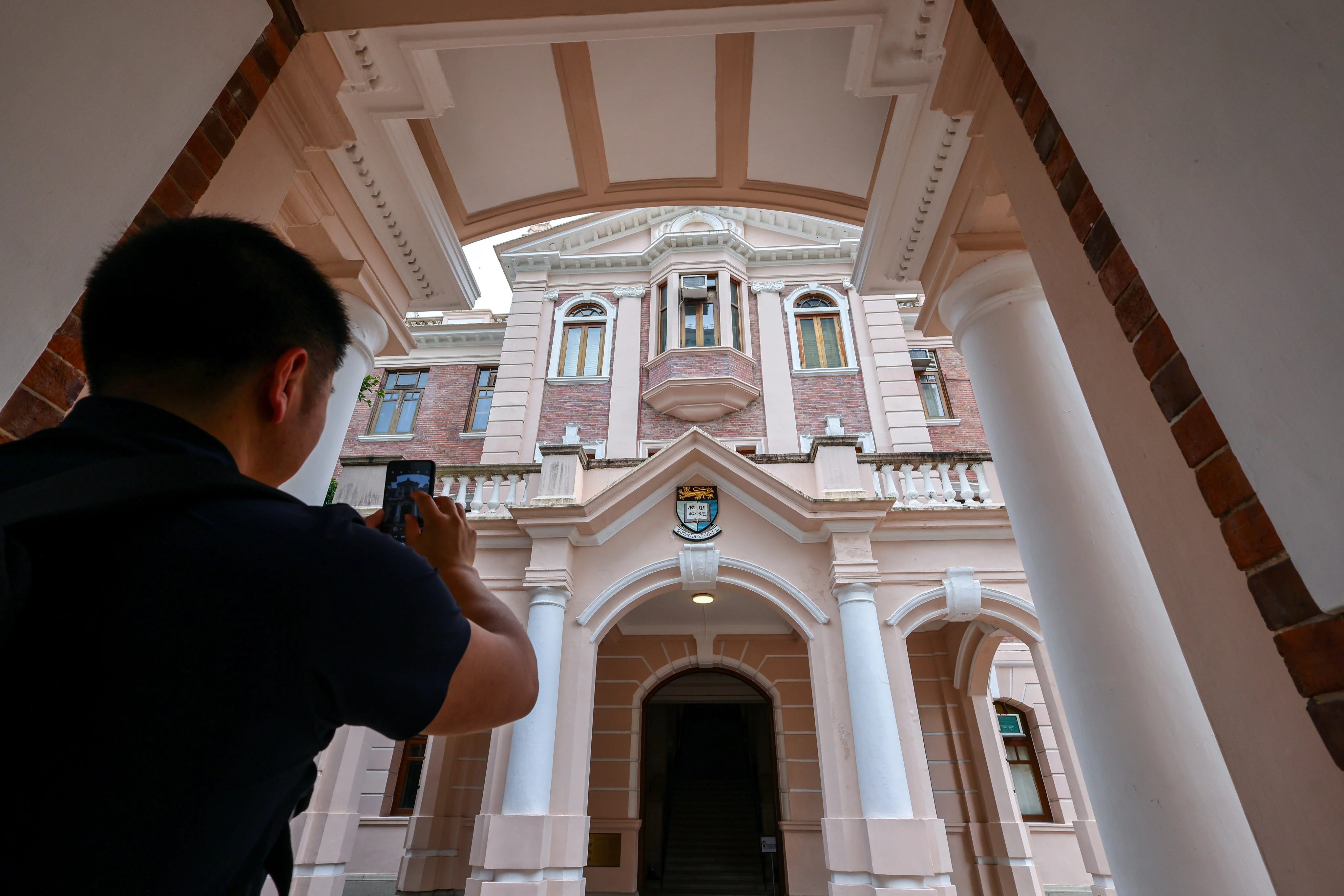Copyright scmp

Hong Kong’s oldest university has launched an investigation after a published academic paper by a PhD candidate was found to contain non-existent references generated by AI. The corresponding author, Professor Paul Yip Siu-fai of the social work and social administration department at the University of Hong Kong (HKU), apologised for himself and his PhD student, Bai Yiming, on Sunday. The allegation first appeared on social media platform Threads, with a user saying she “was told by a friend” that many of the references in the paper appeared to be the results of “AI hallucination”. Yip told the media he had found out that Bai, the lead author of the paper, had used artificial intelligence (AI) to help with referencing without verifying the citations herself, while he had the task of gatekeeping as the corresponding author. He claimed that, in his view, the issue did not involve academic integrity because the content of the paper, which was accepted after two rounds of academic review, was not fabricated. The paper’s other authors had only given advice and helped with data analysis, he said. He also said he had notified the journal and would submit the correct version in a few days, pledging to scrutinise every word and allow no mistakes. Yip, an associate dean of the social sciences faculty and the chair professor of population health, is a member of the editorial board of the journal. According to the HKU website, Bai is a PhD candidate with a research focus on youth sexuality, population health and policy analysis. She contributed six articles to the Post between 2023 and 2024. The Post has reached out to Bai. The paper’s other authors include Billy Li of the government’s Census and Statistics Department, Dr Wat Kam-pui of the statistics and actuarial science department at HKU, Dr Eddy Lam of the nursing and health sciences school at Hong Kong Metropolitan University and Dr So Bing-kwan of the mathematics school at Jilin University in mainland China. The Post has also contacted them for comment. In the paper, titled “Forty years of fertility transition in Hong Kong” and published in China Population and Development Studies on October 17, at least 20 out of 61 references appear to be non-existent. For example, the first on the reference list, “The changing role of women in the family: Implications for fertility”, said to have been published in the Journal of Marriage and Family in 2000, does not exist based on a search by the Post on Google Scholar. Some of those references were attached with a digital object identifier (DOI) or a link to Google Scholar, but they led nowhere. Notably, one of the references cited was said to be a non-existent paper which listed Yip as the author. HKU said it had a stringent set of policies and guidelines governing the use of AI in academic research. “The university takes these allegations seriously and has initiated a formal investigation in accordance with established procedures,” a spokesman said. “Should any breaches of research ethics and standards be identified, appropriate disciplinary action will be taken. “HKU reiterates its commitment to rigorous academic and research standards. All researchers at HKU are required to ensure their work meets internationally recognised benchmarks for quality and ethical conduct.”



